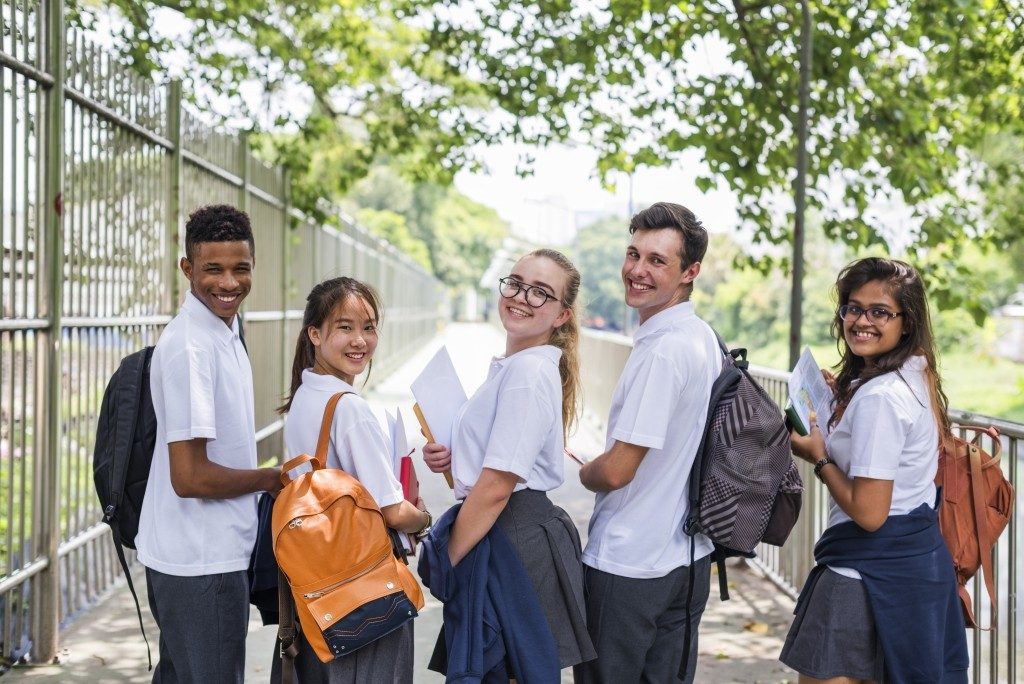When your child hits their tween years, you will have to ask a critical question as a parent: how much freedom should I give them? Puberty ushers in a lot of development changes in your kid that you will begin to notice them craving more for independence. When before they will be giddy to hop in the car with you as you visit your in-laws out of state, now, they want to be left alone at the house, at their room, with their music or books. Before you would accompany them to the mall to buy new clothes, now you’d often hear them saying they’re going with their friends. It may look like no big deal for your growing tween, but for you, these are huge, anxiety-laden dilemmas. Because as you let them be free, you’re essentially risking their safety and well-being. How then can you navigate this tricky transition?
A Balancing Act
First things first, you have to understand that there are a lot of good reasons kids long for time away from their parents. For one, it helps them develop their sense of identity. In their younger years, particularly in elementary school, kids have been dependent on you on many things. In doing homework, in making friends at birthday parties, even in making beds and cleaning rooms. At a young age, of course, they need help. But now that they’re in their tween years, when they hopefully already learned basic life skills, it’s the perfect time to allow them to discover deeply who they are. On their own. Why? It will be challenging to explore things when you’re being micromanaged when you feel like you’re being watched. Right? When you let kids be, they form a stronger sense of self. As a result, they become competent problem-solvers and smart risk-takers — values needed to succeed in middle school, Salt Lake City-based childhood development specialists say.
While freedom is a virtue, it only becomes beneficial when it’s done within certain parameters. It’s paradoxical, yes, but you have to know that every good should have moderation. Take note; your tweens are still trying to figure out life. If you let them take the reins, expect to have some backlash in the end. That’s why you should set limits. Limits that will help secure their safety, which will all the more help them enjoy the freedom they have. So for instance, you might let them be with friends at the mall, but they should be home within 3-4 hours. You might allow them to be alone at home while you visit your in-laws, but they should never allow anyone else inside. In short, freedom comes with responsibility.
Freedom Exercise

It’s not in the protective parent’s nature to let go of some control over their tweens. In the same manner, it’s not in your tween’s inclination to be independent always. That’s why it’s important to engage in some ‘freedom exercise’ to get the hang of it. Take small, tentative steps. From driving your kids to school personally, you may want to encourage them to catch the bus, take the subway, or ride the bike during Mondays, and then every other day, until they’re able to do it every day. Consult the school authorities which routes are the safest to take. Instead of preparing their snacks for them, ask them to help you and then, later on, letting them do it on their own. Rather than collecting their leftover money and putting it in the piggy bank, set up a bank account for them and educate them on how to manage finances properly.
Tween Freedom
How much should you give your tween freedom? The truth is, there isn’t any hard rule. The only thing you should take to heart is the balance between independence and their sense of responsibility.






